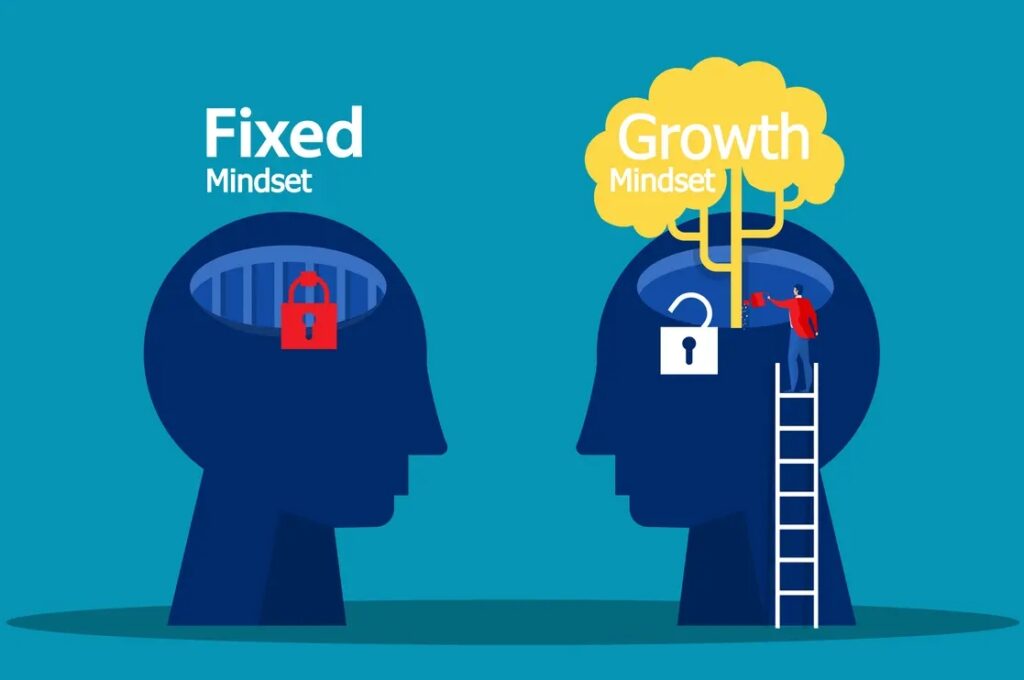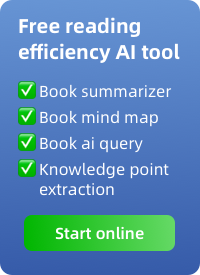The book “Mindset: The New Psychology of Success” by Carol Dweck presents a powerful idea: our beliefs about our abilities can shape our lives. Dweck identifies two primary mindsets: the fixed mindset and the growth mindset.
Core Concept of Mindset
The fixed mindset is the belief that our intelligence and abilities are static. People with this mindset often avoid challenges, fearing failure will expose their limitations. They seek validation and avoid situations where they might not succeed. In contrast, the growth mindset embraces the idea that abilities can be developed through effort and learning. Individuals with a growth mindset view challenges as opportunities to grow and learn, rather than threats to their self-worth.

Identifying Your Mindset
To identify your mindset, reflect on how you respond to challenges and failures. Ask yourself questions such as:
- Do you shy away from difficult tasks?
- Do you feel threatened by others’ success?
- How do you interpret setbacks?
If you find yourself feeling defeated or inadequate in the face of challenges, you may have a fixed mindset. Conversely, if you see obstacles as opportunities for growth, you likely possess a growth mindset.
Practical Strategies to Change Your Mindset
Changing your mindset is possible with intentional effort. Here are some practical strategies:
- Embrace Challenges: Actively seek out new experiences that push your limits.
- Reframe Failure: View failures as learning experiences rather than reflections of your worth.
- Cultivate Curiosity: Foster a love for learning by exploring new topics and skills.
- Practice Self-Compassion: Be kind to yourself when you encounter setbacks; recognize that everyone struggles.
- Surround Yourself with Growth-Minded People: Engage with individuals who encourage growth and resilience.
By implementing these strategies, you can shift towards a growth mindset and unlock your potential.

Evidence and Case Studies
Dweck supports her claims with extensive research and real-life examples. She shares stories from various fields—education, sports, business, and relationships—to illustrate how mindsets affect performance and success. For instance, she discusses how athletes like Michael Jordan embraced challenges to improve their skills rather than relying solely on their natural talent. These case studies provide compelling evidence that adopting a growth mindset can lead to greater achievements. In conclusion, “Mindset: The New Psychology of Success” offers valuable insights into how our beliefs shape our lives. By understanding the core concepts of fixed and growth mindsets, identifying our tendencies, applying practical strategies for change, and examining supporting evidence, we can transform our approach to challenges and ultimately achieve greater success. Meta Description: Discover the core concepts of Carol Dweck’s “Mindset,” learn how to identify your mindset, apply practical strategies for change, and explore the evidence supporting these transformative ideas.
Conclusion
In conclusion, “Mindset: The New Psychology of Success” by Carol Dweck offers profound insights into how our beliefs about our abilities can shape our lives. The distinction between the fixed mindset and the growth mindset is central to understanding personal development. A fixed mindset leads individuals to view their abilities as static, resulting in a fear of failure and avoidance of challenges. In contrast, a growth mindset fosters resilience, encouraging individuals to embrace challenges as opportunities for learning and improvement.



